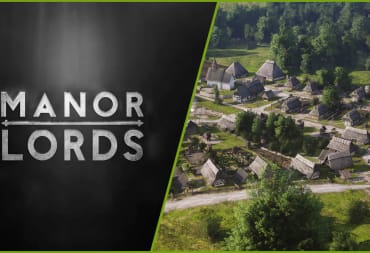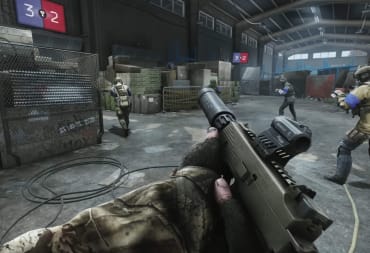A recent study from Indiana University delved back into the link between video games, hostility and aggression. This time, however, with a focus not on the content of video games, but the skill of the players. The end result revealed that higher skilled players who were tested tended not only to experience less aggression, but had higher self-motivation to continue, and perceived less violence in the game itself than lower skilled players.
The study takes very unique approaches to the question, going as far as to develop an original game (using the Skyrim Creation Kit) for the study in order to control for any other factors that could play into it. For the purposes of the study, the game was simplistic, allowing exploration but primarily requiring players to follow a set direction. A survey conducted after the study determined the individual skill, by measuring how easy the players perceived their experience to be.
The study measured the players flow, a concept regarding how motivated a person is to continue without any ulterior reasons, aggression, hostility, and construal level. Construal level is a psychological concept regarding how the scope in which a person views a scenario, in small details or as a big picture. In terms of video games, construal level tends to involve whether the player views the game as a whole experience, or parses it into smaller events viewed separately. In other words, low construal players viewed events as concrete and momentary, whereas high construal players viewed events in the context of the end goal. They also measured how much violence the player reported to perceive. These questions took a very literal approach, asking players how much blood and gore they recall.
The end results matched the predicted hypothesis, with players who reported having no troubles showing less aggression and hostility. On top of that, high skill players also perceived less violence, and seemed more focused on the complete narrative than momentary interactions.
The authors of the study imply that flow, aggression, and hostility are directly related, as being more motivated to complete a game may make you less likely to get frustrated. The ability to enter the “flow” state, the authors suggest, is central to how the player perceives the amount of violence, narrative, and difficulty of the game. Interestingly, rather than existing on a gradual curve, both low and moderate skill players had difficulty with this “flow” state compared to high skill players.
However, the author clarifies at the end of the study, that this study also serves to contradict the common media narrative that video games are linked to violence. He points out that the players honing their skill may be the least likely to engage in violence, stating, “perhaps hardcore gamers—the population often in question regarding games and gun violence—are less impacted by violent video games than more casual gamers”. He recommended that game developers seek to enhance the ability for players to enter the “flow” state, by minimizing narrative tools like cut scenes and keeping displays of violence on a curve similar to the games difficulty curve.
How do you think skill impacts your aggression when you play video games? When you're more focused, do you think you see less violence in games?
Nicholas L. Matthews, Too good to care: The effect of skill on hostility and aggression following violent video game play, Computers in Human Behavior, Volume 48, July 2015, Pages 219-225, ISSN 0747-5632, http://dx.doi.org/10.1016/j.chb.2015.01.059.







